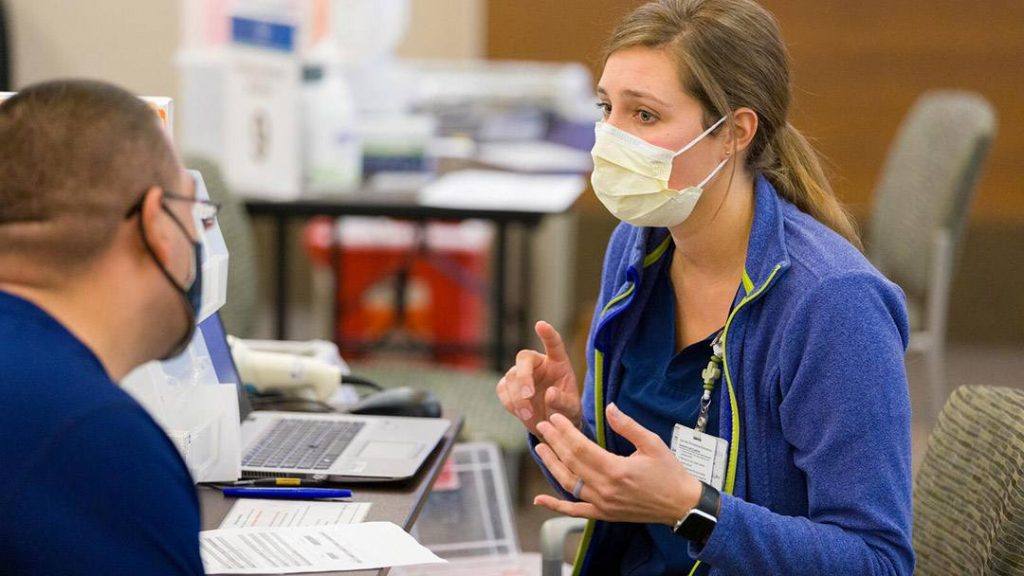
Some people may be hesitant to be vaccinated for COVID-19 because they think COVID-19 vaccines were developed too quickly. But today's successes are the result of many years of coronavirus research.
“To say that these messenger RNA vaccines were only developed in the past year would be erroneous,” says Dr. Gregory Poland, an infectious diseases expert and head of Mayo Clinic's Vaccine Research Group. "I know some people are hesitant and they might be fearful over some of the headlines they see, but vaccines using mRNA technology have had 30 to 50 years of development."
Dr. Poland says researchers had figured out by 1990 how to stabilize the mRNA molecule and decrease the reactogenicity, or rate of side effects, caused by these vaccines. "Then along comes the 2002 SARS (severe acute respiratory syndrome) outbreak,” he says. “Through containment procedures and much more, it was controlled and disappeared. So that vaccine research went on the shelf, so to speak.”
"There’s an ongoing public health push to help people get past their fears and concerns. That means explaining things like the COVID-19 vaccines not being developed overnight."
Dr. Gregory Poland
Next, in 2012, another coronavirus, Middle East respiratory syndrome, or MERS, appeared and vaccine development ramped up, once again. But because MERS didn't become a pandemic, he says the research was put back on the shelf.
“And then of course in 2019–2020, we learn about a new coronavirus that became SARS-CoV-2 or (the virus that causes) COVID-19.”
While scientists worked intensely on the coronavirus vaccine ‘building blocks,’ Dr. Poland says other efforts in 2020 involved establishing contracts, incentivizing manufacturers to make hundreds of millions to billions of vaccine doses, and being thorough with ethical approvals for phase 3 clinical trials.
These clinical trials were huge, with 30,000 to 40,000 subjects each, and they were conducted worldwide. Data from these trials gave researchers confidence that the vaccines were safe and effective in the context of a worldwide pandemic.
“There’s an ongoing public health push to help people get past their fears and concerns,” says Dr. Poland. “That means explaining things like the COVID-19 vaccines not being developed overnight. I also encourage folks to seek information from knowledgeable and credible sources.”
He says he has received many letters from Mayo Clinic Q&A podcast listeners who were once hesitant, but after listening to the podcasts, they were vaccinated for COVID-19. “They've told us how thankful they are that they did it," adds Dr. Poland. "These are life-saving vaccines, so let's be done with this. We can conquer this."
______________________________
Information in this post was accurate at the time of its posting. Due to the fluid nature of the COVID-19 pandemic, scientific understanding, along with guidelines and recommendations, may have changed since the original publication date.
Research disclosures for Dr. Gregory Poland.
For more information and all your COVID-19 coverage, go to the Mayo Clinic News Network and mayoclinic.org.
Learn more about tracking COVID-19 and COVID-19 trends.








